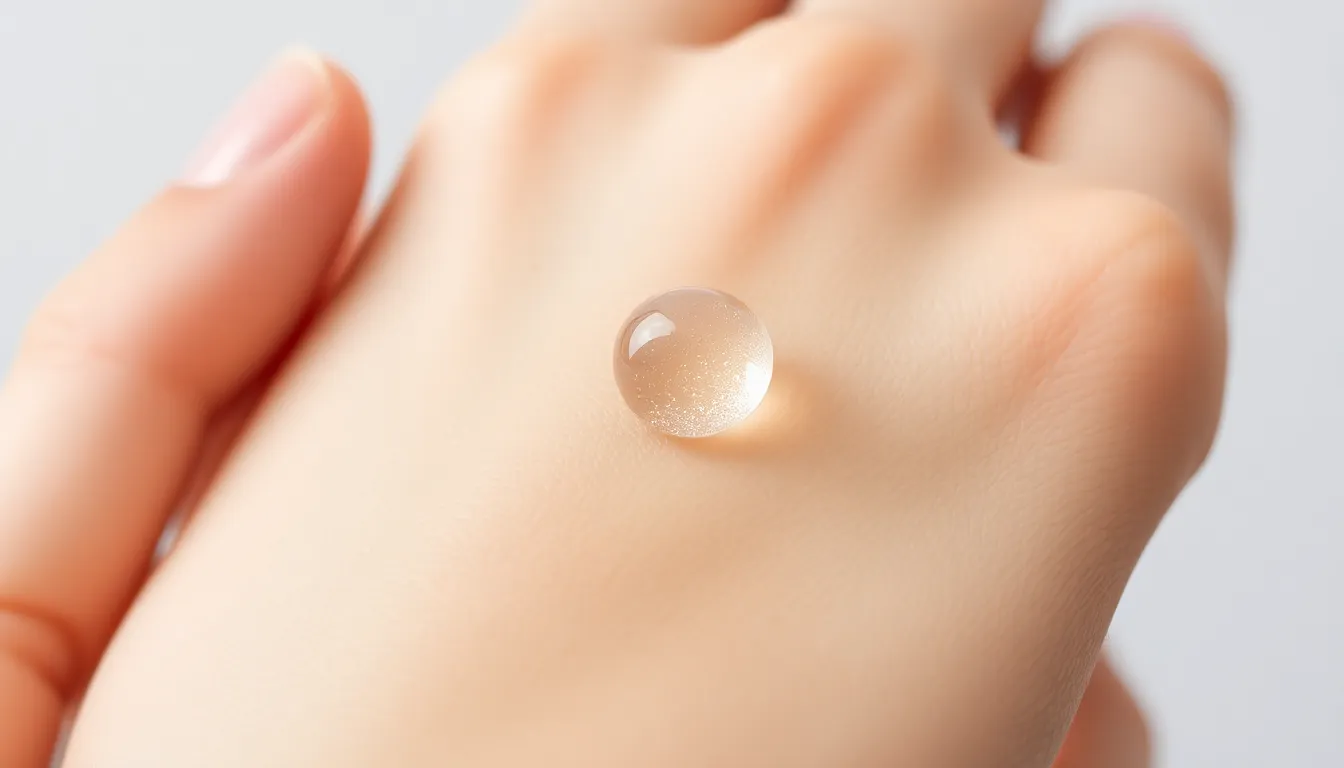Ever noticed a strange little bump on your skin, perhaps with a clear fluid inside? Well, you're not alone. In fact, the world of skin conditions is a veritable circus of oddities. Among these curiosities is the clear fluid pimple, a polite, if not slightly alarming, guest on your skin's surface. Today, let's unravel the mystery behind these transparent nuisances and arm you with the knowledge to tackle them head-on.
What Is a Clear Fluid Pimple?

A clear fluid pimple is essentially a type of blister that forms on the skin. Unlike the typical acne that oozes pus or is filled with fatty materials, this one contains a clear liquid called serum. It might resemble a tiny bubble sitting on the skin's surface. It can appear anywhere on the body: but, areas that experience friction or irritation are often prime candidates. While these spots can feel a tad uncomfortable, they generally signal a minor skin issue rather than something serious.
Common Causes of Clear Fluid Pimples
Several culprits can trigger the development of clear fluid pimples.
- Allergic Reactions: Skin reacting to certain substances, think cosmetics, soaps, or even certain fabrics, can lead to these pesky bumps.
- Friction or Irritation: Frequent rubbing, such as from shoes or clothing, can create blisters filled with clear fluid.
- Infections: Certain viral or fungal infections may lead to such formations, particularly in those with weaker immune systems.
- Skin Conditions: Conditions like eczema or dermatitis are notorious for causing a variety of skin bumps, including those that ooze clear fluid.
- Heat Bumps: Hot temperatures and excessive sweating may result in miliaria, a fancy term for sweat accumulation that presents itself as small blisters.
Symptoms of Clear Fluid Pimples
Recognizing a clear fluid pimple is fairly straightforward. They typically present as:
- Small, raised bumps filled with a translucent liquid.
- A sense of itchiness or discomfort, particularly if the area experiences friction.
- Redness surrounding the pimple may indicate inflammation or irritation.
While they are generally not painful, the skin might feel sensitive on contact. It's essential to observe if these pimples spread or exhibit signs of infection, such as increased warmth or persistent drainage.
When to Seek Medical Attention
Although most clear fluid pimples resolve on their own, some warning signs indicate medical help is necessary.
Signs You Should Seek Medical Attention
- Persistent or Worsening Symptoms: If the pimple doesn't improve after a few days or seems to worsen, it might be time to consult a professional.
- Signs of Infection: Green or yellow pus, increased redness, or a fever can hint at an infection, requiring immediate attention.
- Recurrence: If these pimples keep cropping up frequently, discussing this with a dermatologist can help eliminate underlying issues.
Treatment Options for Clear Fluid Pimples
Dermatologists may recommend various treatment options such as topical antibiotics or corticosteroids if the pimples don't improve on their own. For persistent or particularly bothersome cases, drainage might be necessary.
Home Remedies and Care Tips
Taking care of clear fluid pimples at home includes keeping the affected area clean and dry. Applying a cold compress can help alleviate discomfort. Over-the-counter hydrocortisone cream may relieve itching, while aloe vera can soothe irritation.
Preventive Measures to Avoid Clear Fluid Pimples
Prevention is always better than cure. Implementing a few simple habits can help keep clear fluid pimples at bay:
- Choose Breathable Fabrics: Wearing lighter, moisture-wicking clothing can reduce friction and allow your skin to breathe.
- Maintain Hygiene: Regular bathing and using appropriate skin products can minimize infections.
- Avoid Irritating Substances: Be aware of the products you use: avoid known allergens and irritants.
- Stay Hydrated: Drinking plenty of water helps maintain skin elasticity and overall health.
- Manage Stress: Stress often wreaks havoc on the skin, so practicing relaxation techniques can carry substantial benefits.







